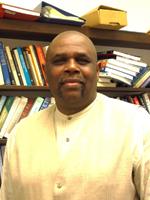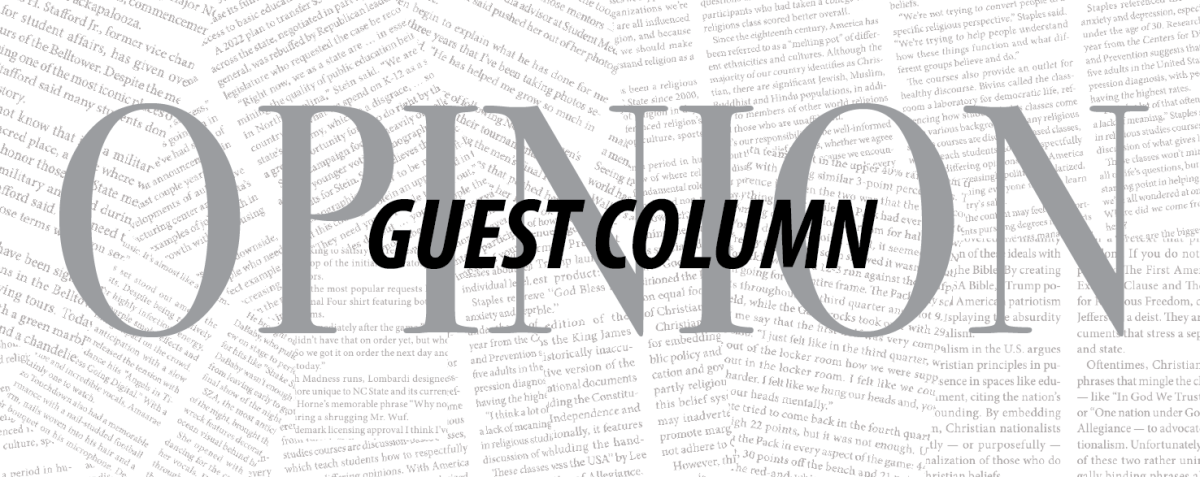“The future is not coming, it is here and now.”
I make this proclamation in all my lectures on neo-diversity. Why? Just one example is that when I was growing up, there was no respectful language that could be used to refer to transgender persons. There was not a respectful language trans-people could use about themselves and none that non-trans people could use to refer to trans-people.
Yet, for many today, the word “transgender” is a generally understood term of reference. But there is even more to that future we are already living in than language.
Our spring 2018 semester is starting. Right at the beginning, over the weekend before any class meetings, I received two emails from two different transgender students. Each young person was letting me know they were in gender-identity transition. Each was alerting me to the pronouns they would like me to use to refer to them in class. Yes, two transgender students felt it ok and reasonable to reveal themselves to me so that I could be respectful when we were in interaction with each other. How could this be?
Well, turns out nothing in our American psychology has been so profound, challenging and important, as discounted peoples pushing through, and defeating, America’s too many intergroup bigotries. And that fight against bigotry continues on many, and newer, fronts every day; consider #MeToo; #TimesUp.
The successes of those fights to defeat intergroup bigotry in America has led our nation (and our campus) to a new interpersonal situation; neo-diversity. Neo-diversity is this now-future in which each of us has some occasion to encounter and interact with, on equal footing, a person or persons who are not like us on some group dimension (gender-identity, religion, race, sexual orientation, etc.). Neo-diversity is the future we are already living in America and on this campus.
Wolf!
What are you prepared to do in this future we are already living in? Everybody here is Wolfpack. Are you ready and willing to respect all of our Wolfpack family? Look, I, a black man, have also had to learn how to interact in this new interpersonal world of neo-diversity.
Two years ago, I met with a new student diversity group on campus, Diversity and Inclusion adVenture Experience (DIVE). These young people had twisted my arm to have me become their faculty advisor. So, after teaching class one day, they had me on campus, on a Wednesday evening at 6:30 … yes, 6:30 in the EVENING!
Anyway … to start the meeting with the group’s Executive Board, as per typical for meetings I have attended with students, the president said we’ll do introductions. Not as per my typical experience, she said, “… give your name, year, major and your pronouns.”
“… and your pronouns?”
I am 66 years old. “Back in my day … ,” no one talked about preferred pronouns. But I listened and learned. Each person followed the set up ending by specifying the pronouns each preferred to have used when someone was referring to them in conversation. Even though everybody knew who I was, at my turn, I then did the same, including, with a little stumbling, I specified my pronouns.
I was living a learning moment. I was impressed to be in the presence of young members of the Wolfpack who were striving to live well by respecting others; striving to respect people “not like me.” They seemed to understand and accept that the future is not coming, it is here and now.
I was pleased to be with and see Wolfpackers who were making a point of learning to navigate the 21st century social interactions with respect at the forefront of their approach. Taking that approach to respect the neo-diversity all around us is important for all of us because our humanity depends on how we treat the dignity of other human beings.
In the case of the students who emailed me at this beginning of the spring 2018 semester, I responded telling each how much I appreciated their communication to me. I thanked each of these young people. I asked each to discretely introduce themselves to me on the first day of class so that I could make sure to be able to identify each by sight and use the appropriate pronouns.
I know each is very vulnerable right now. Sadly, I know too that each will encounter disrespect from some. But not in my classrooms. And hear my Wolf-Howl when I say, trust me, I will protect each in every way I can inside and outside of my classrooms, because at NC State everybody here is Wolfpack.
#TransgenderAlly
Dr. Rupert Nacoste is an alumni distinguished undergraduate professor of psychology. He teaches a course on neo-diversity called “Interdependence and Race” and his newest book about neo-diversity is “Taking on Diversity: How We Can Move From Anxiety to Respect” (2015; Prometheus Books).





